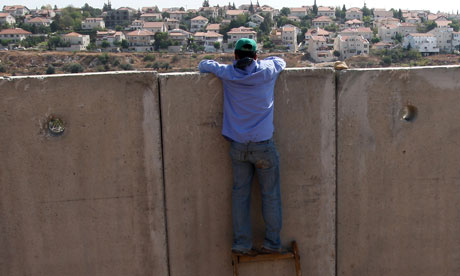
Google's head of marketing for the Middle East and North Africa has gone missing after joining protests against the Egyptian government, according to report citing the exec's brother.
The Wall Street Journal reports that Wael Ghonim – who joined Google in late 2008 – has not been heard from since Friday at 6pm.
It should be noted, however, the Egyptian government has restricted internet and cell phone access within the country.
Ghonim attended Cairo University and the American University in Cairo, according to his LinkedIn page. And at Google, the page says, he was charged with "driving the growth of Google B2C/B2B products across MENA" and "evangelizing the Internet in the region, and help growing the Arabic content".
Earlier this month, Ghonim tweeted that he was traveled to Qatar for an "internet freedom forum" hosted by Al Jazeera, and last week, in a post to the microblogging site, he said he was joining the Egyptian protests against the wishes of some close to him. "Despite all the warnings I got from my relative and friends, I'll be there on #Jan25 protests. Anyone going to be in Gam'et Dewal protest?" the post reads.
"The Egyptian government started to take really stupid actions that will result in nothing but encouraging more people to protest," he said on January 26. "A government that is scared from #Facebook and #Twitter should govern a city in Farmville but not a country like #Egypt".
His tweets stopped the next day, just after he urged readers to pray for Egypt. "Very worried as it seems that government is planning a war crime tomorrow against people," he said. "We are all ready to die".
Google did not immediately respond to a request for comment, but the company told the WSJ: "We care deeply about the safety of our employees."
Separately, with Egypt in mind, the company has unveiled a service that lets people tweet via a voice connection. Anyone can tweet simply by leaving a voice mail at one of these international numbers: +16504194196 or +390662207294 or +97316199855. No internet connection is required, and the service will automatically add the hash tag "#egypt".
Read More
http://www.theregister.co.uk/2011/01/31/google_exec_missing_in_egypt/

















